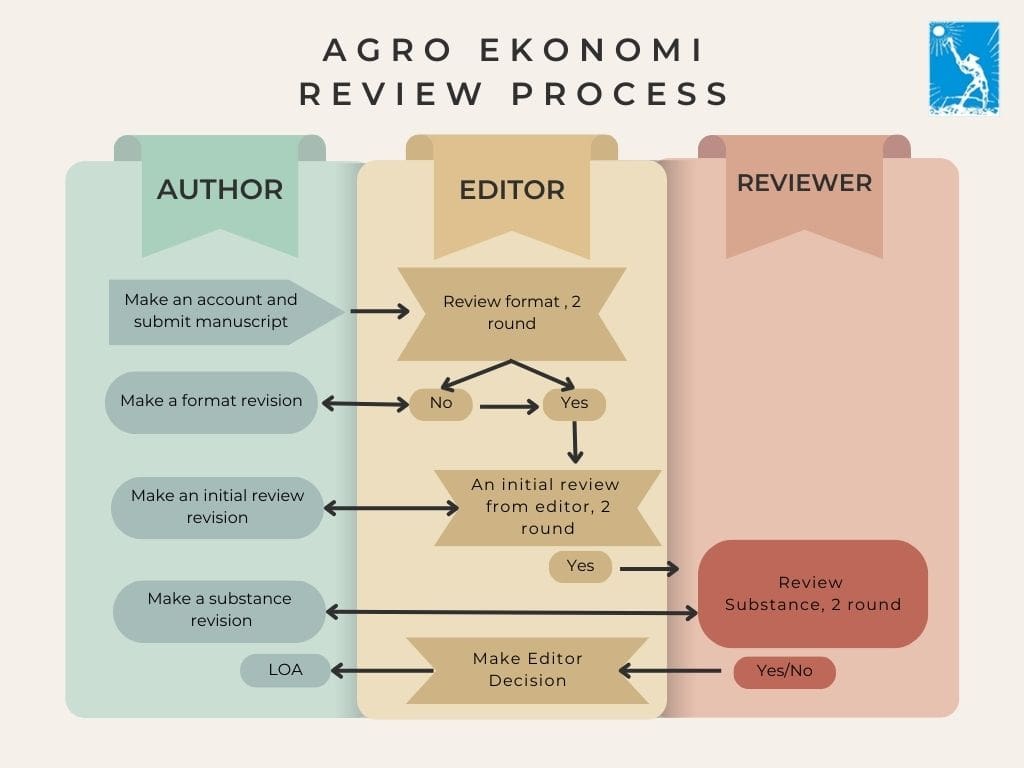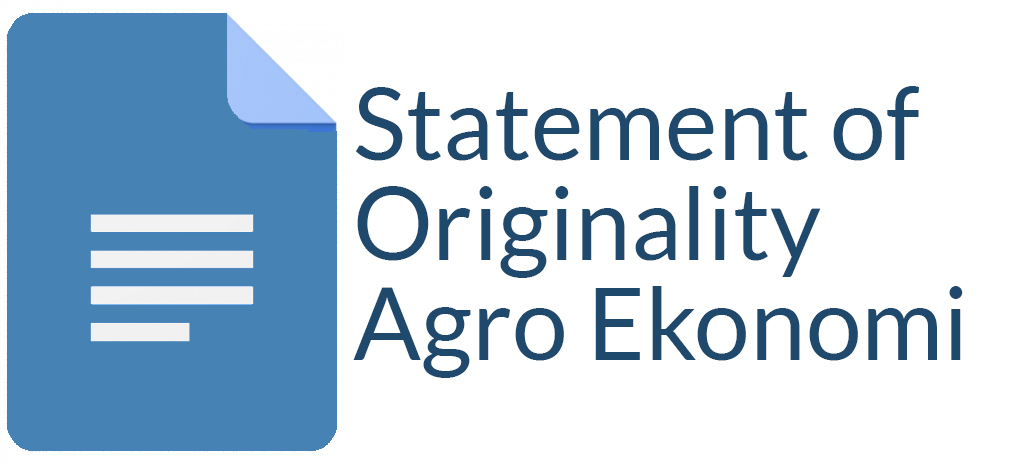PENYULUHAN PERTANIAN INDONESIA : ISU PRIVATISASI DAN IMPLIAKISNYA
Subejo Subejo(1*)
(1) Staf Pengajar PS.Penyuluhan dan Komunikasi Pertanian, Jurusan Sosial Ekonomi Pertanian, Fakultas Pertanian Universitas Gadjah Mada
(*) Corresponding Author
Abstract
Diverse agricultural extension funding and delivery arrangements have been undertaken since the mid-1980s by governments worldwide in the name of "privatization". Privatization is used in the broadest sense of introducing or increasing private sector participation, which does not necessarily imply transfer of designated state-owned assets to the private sector. The arguments for privatization are based upon: more efficient delivery of service, lowered government expenditure. and higher quality of services. Privatization of agricultural extension system implies
0 a division of appropriate role between public sector and private sector. Cost and service sharing among extension service providers can be formed into some systems encompass contract, vouchers, competitive grant fund, subsidize, and commercial extension service.
This paper aims to discuss about privatization issues and its implications on Indonesian agricultural extension system. Related parties and sectors on Indonesian agricultural extension system should pay more attention in order to reform the old system and to reconstruct it into a new system--client-oriented extension
Keywords
Full Text:
PDFReferences
A.D.Kidd, et.al. ., Privatising Agricultural Extension: Caveat Emptor, 2000
A.S. Martaamidjaja, M.Rikhana, Training for Agricultural and Rural Development: Group-based Extension Programmers for Natural Resource Conservation in Java., 1996
Alex. G. et.al, ., Rural Extension and Advisory Service: New Direction dalam Rural Development Strategy Background Paper, 2002
Biro Pusat Statistik Jakarta., Employment dalam Biro Pusat Statistik, 2002
C.H.Antholt,, Agricultural Extension in the Twenty-First Century dalam Eicher and Staatz (ed). 2001. International Agricultural Development.., 2001
J.F.Phelan, Are Traditional Extension Services Dead or Have They a Role in Rural Development, 1995
J.Farrington, The Change Public Role in Agricultural Extension, 1995
M.K.Qamar, Global Trends in Agricultural Extension: Challenges Facing Asia and the Pacific Region, 2002
The World Bank., World Bank Development Report 2002:Building Institutions for Market, 2002
W.M Rivera, J.W.Cary, Privatizing Agricultural Extension dalam Burton et.al. (ed). . Improving Agricultural Extension, 1997
Y.Hayami, Development Economic: From the Poverty to the Wealthy Nations, 2001
Article Metrics
Refbacks
- There are currently no refbacks.
Copyright (c) 2016 Agro Ekonomi

This work is licensed under a Creative Commons Attribution-ShareAlike 4.0 International License.
View My Stats











